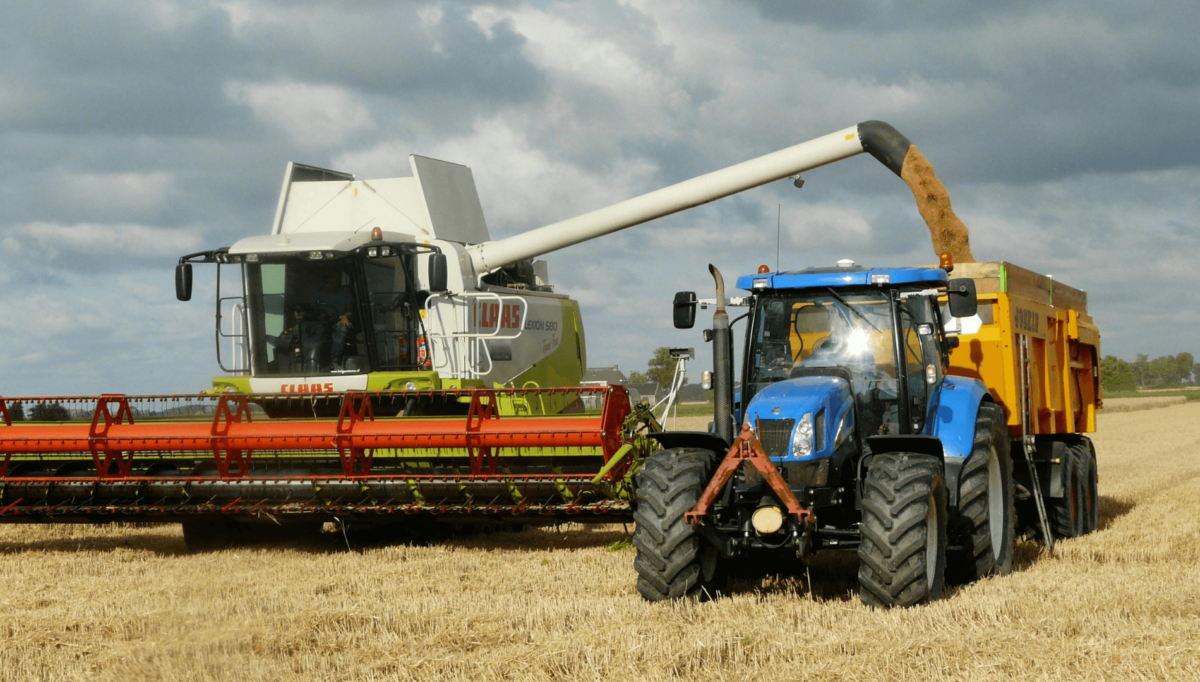
Hearing Safety Tips for Farmers
Running heavy machinery, tending livestock, or maintaining equipment, exposes farmers to constant noise from sunrise to sunset. While these sounds may seem like just part of the job, they can cause lasting harm to hearing. Over time, exposure to loud noises can lead to hearing loss, impacting daily communication and quality of life.
Understanding Noise Levels on the Farm
Farms are loud environments, and much of the equipment used daily produces noise levels that exceed safe limits. Prolonged exposure to noises above 85 decibels can damage hearing over time. Tractors, combines, grain dryers, and chainsaws often produce sounds well over 100 decibels. Even a few hours of unprotected exposure can contribute to long-term hearing loss.
Livestock can also be a surprising source of harmful noise. Pigs squealing, for example, can reach up to 110 decibels. These intense, repetitive sounds place farmers at greater risk of permanent hearing damage. Recognizing the dangers of high noise levels is the first step toward better hearing protection.
Wear Hearing Protection Regularly
Ear protection like earplugs and earmuffs are designed to reduce the intensity of harmful noise without disrupting important sounds, like machinery alarms or calls for help. For light noise exposure, foam earplugs offer convenient protection. They are inexpensive, easy to carry, and can be used on the go. For louder tasks, such as operating tractors or power tools, earmuffs are a better option. High-quality earmuffs provide greater noise reduction and are comfortable for long wear.
Farmers who need both hearing protection and communication capabilities should consider noise-canceling headsets. These devices block harmful noise while allowing clear communication with others, making them ideal for larger operations or noisy jobs.
Take Breaks From Loud Noise
Reducing the time spent in loud environments can also help preserve hearing health. Whenever possible, step away from noisy equipment or areas for short breaks. Even a few minutes of quiet can give ears a much-needed rest.
Rotating loud tasks with quieter activities throughout the day is another effective strategy. For example, spend time on quieter maintenance tasks or office work between operating heavy machinery. This gives the ears time to recover from exposure to high noise levels.
Maintain and Modify Equipment
Farm equipment often produces more noise than necessary due to wear and tear, but regular maintenance helps keep machines running efficiently and reduces excess noise. Replacing worn parts, lubricating components, and tightening loose pieces can all lower sound levels.
Adding noise-reducing modifications to machinery can also protect hearing. Engine covers, acoustic panels, and mufflers are excellent tools for minimizing harmful noise without affecting performance. Modern farm equipment often comes with built-in noise reduction features, so upgrading older equipment may be another worthwhile option.
Monitor Hearing Health Regularly
Routine hearing health exams are important for detecting changes in hearing before they become severe. Farmers often don’t notice hearing loss right away because it develops gradually over time. Scheduling a regular hearing health exam can help identify early signs of damage and prevent it from worsening.
Hearing health professionals can also recommend tailored hearing protection based on individual needs. For farmers already experiencing hearing loss, hearing aids may help restore communication and improve daily life. Taking hearing health seriously ensures continued success and comfort on the farm.
Encourage Safe Practices Across the Farm
Hearing safety isn’t just important for one person; it matters for everyone working on the farm. Leading by example can encourage others to prioritize hearing protection. Providing hearing protection for workers and family members makes it easier for everyone to stay safe. Clear signage around noisy areas can remind workers to wear ear protection.
Keeping extra earplugs or earmuffs readily available near equipment and workspaces also makes hearing safety more convenient. For families living on the farm, educating children early about the dangers of loud noise builds lifelong hearing protection habits. Teaching younger generations how to use hearing protection ensures they can enjoy a safe and healthy future.
